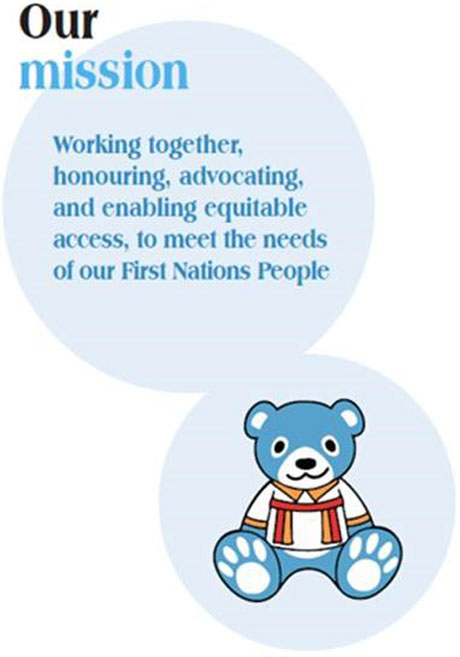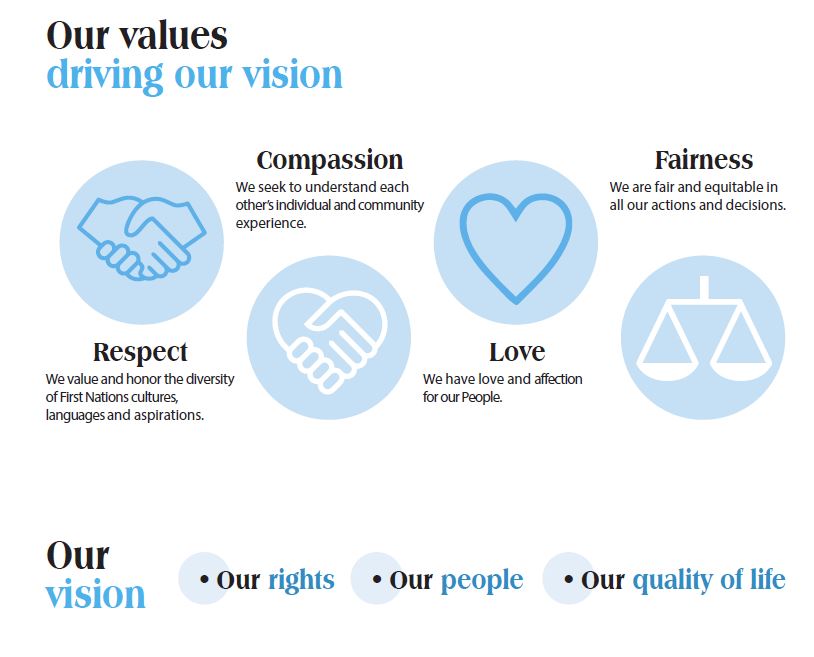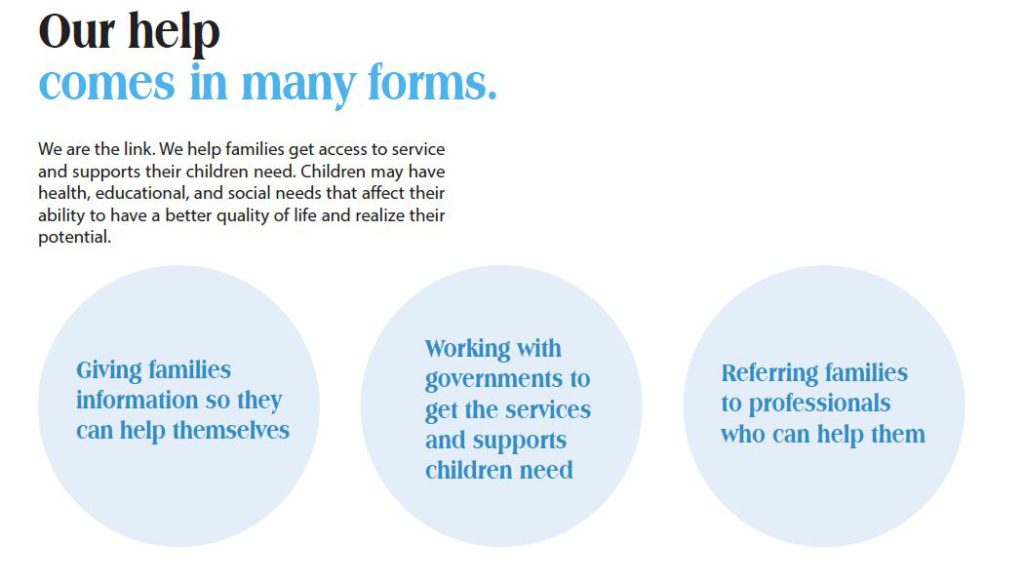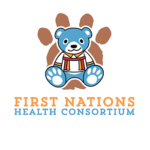About the First Nations Health Consortium
The First Nations Health Consortium (FNHC) improves access to health, social, education, and other services for First Nations and Inuit children throughout Alberta.
The FNHC supports First Nations and Inuit children and families with Jordan’s Principle application in Alberta to ensure children and youth can access required services or supports they need, in line with the Jordan’s Principle child-first legal ruling.
FNHC staff work with families on application assistance for Treaty Status Registration as well as advising youth during transition into adulthood. The FNHC also collaborates with partner organizations to implement community programming in sports and recreation, early childhood literacy and youth engagement initiatives.
Our work is guided by a vision of continuity of care, a commitment to First Nations development and delivery of services, and a focus on fulfilling First Nations children’s rights to services that meet their needs.
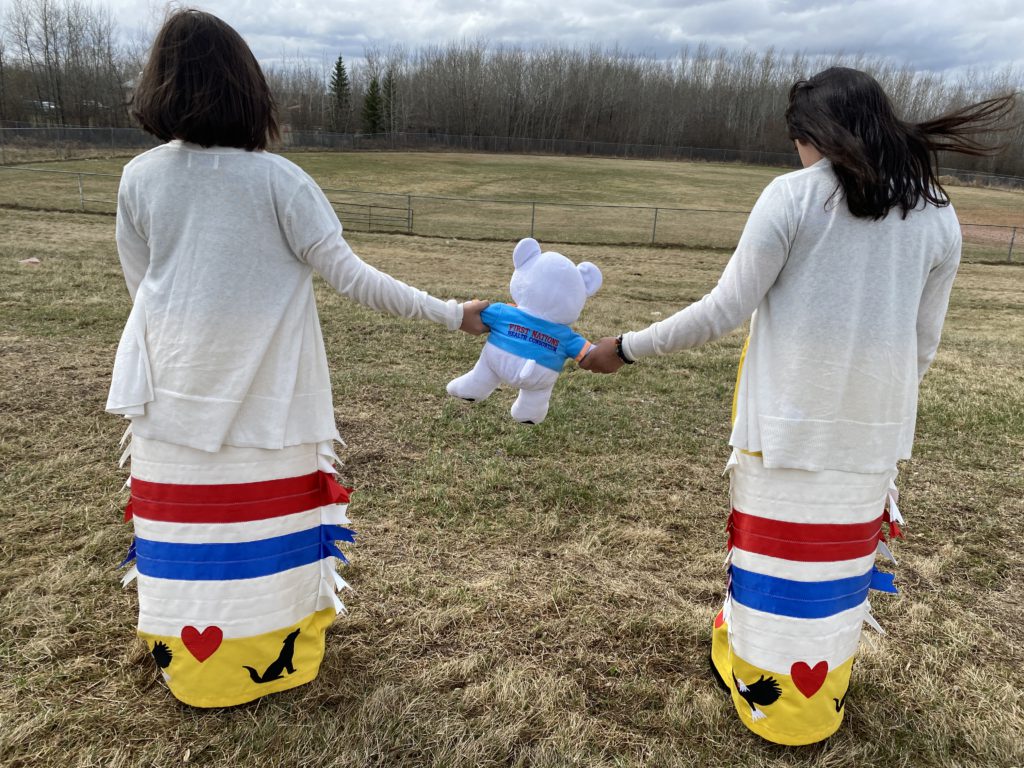
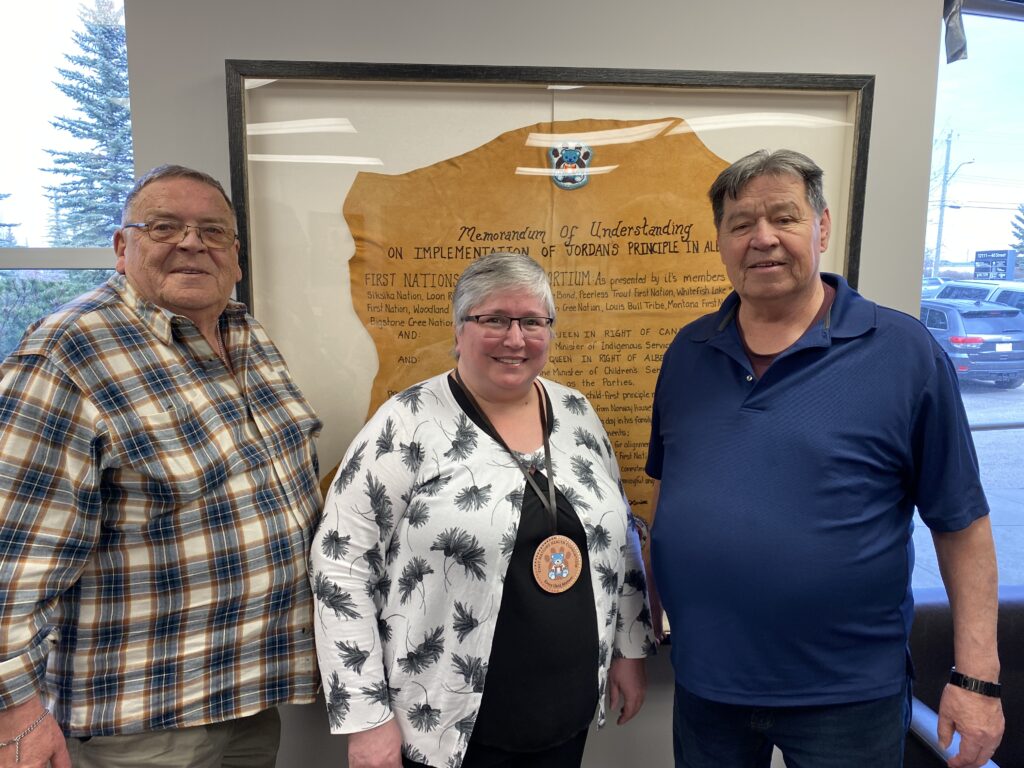
The FNHC was conceived in November 2016, and formally founded in February 2017. It originated as a collaboration between four First Nations health organizations from Treaty areas 6, 7, and 8 in Alberta: Bigstone Health Commission, Kee Tas Kee Now Tribal Council, Maskwacis Health Services, and Siksika Nation.
Serving all First Nations and Inuit people living on and off reserve in Alberta, FNHC is comprised of a multi-disciplinary team of nurses, educators and child & youth/social workers that share their knowledge of existing resources across the province allowing us to connect First Nation families to service providers, support families in the Jordan’s Principle application process and advocate for children, their families and communities.
A progressive and caring organization with representation from Treaty 6, 7 and 8, FNHC is funded by the federal government through the Jordan’s Principle – Child First Initiative.
Download a Factsheet on the FNHC here: FNHC Fact Sheet

Jordan's Principle
Jordan’s Principle is a child-first law for First Nations and Inuit youth under the age of majority throughout Canada created to ensure any public service ordinarily available to other Canadian children must be made available to First Nations and Inuit children without delay or denial. Jordan’s Principle was created in honour of Jordan River Anderson, a young boy from Norway House Cree Nation.
In 2007, the First Nations Child and Family Caring Society advocated for all First Nations and Inuit children to receive supports and services through the creation of Jordan’s Principle: A Child-First Initiative. This initiative calls upon the government of first contact to ensure First Nations and Inuit children have access to public services on the same terms as other children.
As a result of multiple Canadian Human Rights Tribunal (CHRT) rulings, First Nations and Inuit children now have equal access to health, social and education services both on and off-reserve through Jordan’s Principle.
Find out more about Jordan’s Principle here.

The 11 partner Nations of the First Nations Health Consortium are: Bigstone Cree Nation, Loon River First Nation, Lubicon Lake Band, Peerless Trout First Nation, Whitefish Lake #459 First Nation, Woodland Cree First Nation, Samson Cree Nation, Louis Bull Tribe, Montana First Nation, Ermineskin Cree Nation and Siksika Nation.

The Consortium provides a Regional coordinated approach to enhanced service coordination to all First Nations residing on and off reserve (approximately 47% of applications are located off-reserve).
Advantages of Enhanced Service Coordination
❖ Reduce stress of navigating service systems and Jordan’s Principle applications
❖ Link families to provincial and federal resources
❖ Work collaboratively with other service providers
❖ Advocate for the children, their families and communities
❖ Support the family in telling their story
❖ Support a community driven application
❖ Provide assistance to families with the appeals process
